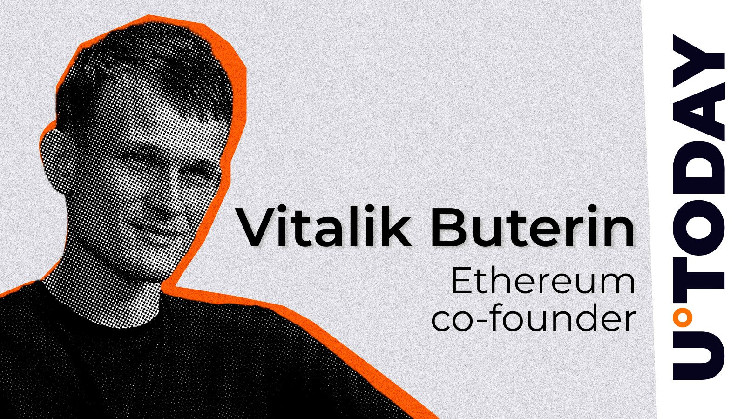A decade of imprisonment ends with a simple two-word message. Ross Ulbricht, the creator of Silk Road, has been pardoned and released, and Vitalik Buterin, Ethereum’s creator, welcomed him back with a subtle but iconic gesture — a “GM Ross” on social media.
No stranger to symbolism, the phrase “GM” carries more weight in the crypto community than one might assume. It is shorthand for “good morning,” a greeting that has become a rallying cry for optimism and unity among crypto enthusiasts.
For a figure like Buterin to use it in this context signals a moment of significance, both for Ulbricht’s reentry into public life and for the cryptocurrency world reflecting on its roots.
GM Ross https://t.co/IPimO2m2aU
— vitalik.eth (@VitalikButerin) January 22, 2025
Ulbricht’s release follows a high-profile case that reshaped conversations around technology and legality. His darknet platform, Silk Road, operated on the Tor network, allowing users to trade illicit goods anonymously using Bitcoin.
Between its inception and 2013 takedown, the platform reportedly facilitated over $200 million in transactions. By 2015, a Manhattan court handed Ulbricht two life sentences and an additional 40 years.
$47 million worth of Bitcoin
Now free, Ulbricht reenters a crypto ecosystem he inadvertently helped shape. His case brought Bitcoin into mainstream discussions as both a tool of innovation and a medium fraught with controversy.
To make matters more complicated, over 430 dormant Bitcoin wallets linked to Ulbricht have been discovered. These wallets, untouched for over 13 years, now hold about $47 million. At first, these holdings were considered “dust,” or negligible amounts, but with the rise of the Bitcoin price, they have appreciated accordingly. Whether Ulbricht can access them remains unknown.
Read the full article here

